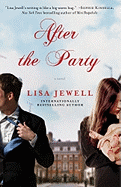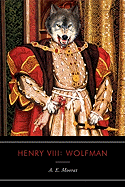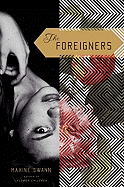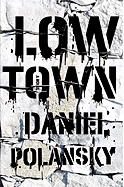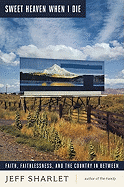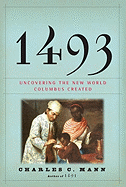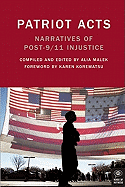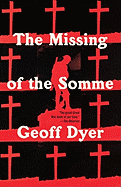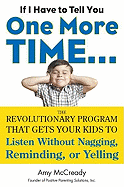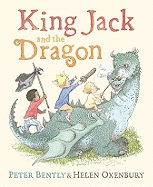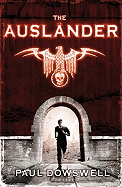Screening The Help
This week I took my 13-year-old daughter (aka Mini Maven) to see the film adaptation of The Help by Kathryn Stockett. Like many readers and viewers, I have mixed feelings about both the book and the movie; others have written eloquently about Stockett's debatable view of mid-century race relations in Mississippi. However, I was impressed by how faithfully director Tate Taylor has translated Stockett's immensely popular novel into film.
One thing you can't deny about film in general is its visual impact; some of the story's details hit me differently as I watched them than they had when I read them. I was particularly struck by the scenes about President John F. Kennedy's assassination. The photograph of the president that Aibileen hangs on her wall, next to Jesus Christ's and her late son's, is an added, though relevant, detail. The visual punch of film helped me to notice those small moments.
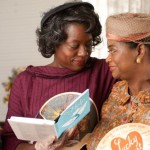 Those small scenes added up to a big teaching moment for me as a parent. As we exited the theater, Mini Maven asked, "Why was everyone so upset about President Kennedy's funeral, Mom?" I realized that her education thus far had not included Kennedy's role in fostering hope among Americans of many different races and creeds, and so we spent a while talking about that, and about why Skeeter would have been happy to let her family's African-American servants watch the televised state funeral in the living room (although her mother shoos them away). I encouraged my daughter to ask her favorite librarian for some reading suggestions about the Civil Rights era (in which, of course, President Lyndon Johnson wound up playing a far more significant role than did President Kennedy).
Those small scenes added up to a big teaching moment for me as a parent. As we exited the theater, Mini Maven asked, "Why was everyone so upset about President Kennedy's funeral, Mom?" I realized that her education thus far had not included Kennedy's role in fostering hope among Americans of many different races and creeds, and so we spent a while talking about that, and about why Skeeter would have been happy to let her family's African-American servants watch the televised state funeral in the living room (although her mother shoos them away). I encouraged my daughter to ask her favorite librarian for some reading suggestions about the Civil Rights era (in which, of course, President Lyndon Johnson wound up playing a far more significant role than did President Kennedy).
This all served to remind me that no one can predict what someone else will take away from a story. Regardless of how you feel about The Help--the book, the movie or both--as you talk about it, keep that in mind. One woman's inspiration is another's revisionist history, yes--but one woman's faithful adaptation might also be one girl's surprising lesson. --Bethanne Patrick



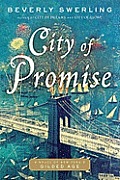 City of Promise (Simon & Schuster, Aug 9, 2011) by Beverly Swerling is the fourth of the author's historical novels about Manhattan (City of Dreams, City of God, City of Glory), covering the years from 1864 to 1883. If there are "eight million stories in the naked city," well, there are also several hundred authors who mine those stories for their work.
City of Promise (Simon & Schuster, Aug 9, 2011) by Beverly Swerling is the fourth of the author's historical novels about Manhattan (City of Dreams, City of God, City of Glory), covering the years from 1864 to 1883. If there are "eight million stories in the naked city," well, there are also several hundred authors who mine those stories for their work.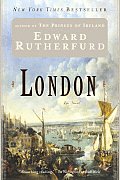 London by Edward Rutherfurd wins the prize for greatest amount of time covered: Nearly two millennia! Rutherfurd has a rather captivating shtick for his protagonist family: they tend to have webbed hands and feet, reminding readers of the great city's aqueous origins and dependence.
London by Edward Rutherfurd wins the prize for greatest amount of time covered: Nearly two millennia! Rutherfurd has a rather captivating shtick for his protagonist family: they tend to have webbed hands and feet, reminding readers of the great city's aqueous origins and dependence.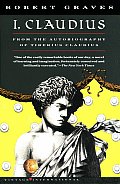 I, Claudius by Robert Graves doesn't cover century after century, but it does provide one of the most evilly good views of late-Roman decadence and deceit. If your only memory of this story derives from the BBC adaptation, run and buy a copy of Graves's novel now--you'll be more than pleasantly surprised.
I, Claudius by Robert Graves doesn't cover century after century, but it does provide one of the most evilly good views of late-Roman decadence and deceit. If your only memory of this story derives from the BBC adaptation, run and buy a copy of Graves's novel now--you'll be more than pleasantly surprised.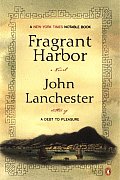 Fragrant Harbor by John Lanchester tells the story of the "heung gong," or "fragrant harbor"--Hong Kong to most modern Westerners. Lanchester's dual narrative of the still-colonial 1930s juxtaposed with turn-of-the-21st-century big business is unexpected but works; graceful and elegant prose.
Fragrant Harbor by John Lanchester tells the story of the "heung gong," or "fragrant harbor"--Hong Kong to most modern Westerners. Lanchester's dual narrative of the still-colonial 1930s juxtaposed with turn-of-the-21st-century big business is unexpected but works; graceful and elegant prose. Author Ann Patchett and publishing veteran Karen Hayes have found a location for their much-anticipated indie bookstore in Nashville, Tenn. They plan to open Parnassus Books this October in Greenbriar Village--where Abbott Martin Rd. meets Hillsboro Pike--with a staff headed by Mary Grey James, formerly of Ingram.
Author Ann Patchett and publishing veteran Karen Hayes have found a location for their much-anticipated indie bookstore in Nashville, Tenn. They plan to open Parnassus Books this October in Greenbriar Village--where Abbott Martin Rd. meets Hillsboro Pike--with a staff headed by Mary Grey James, formerly of Ingram. 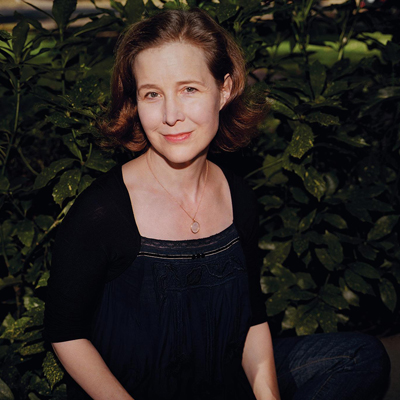 In addition to a curated book selection, Parnassus will stock greeting cards and journals, magazines and newspapers, locally produced products and art, and store-branded merchandise. Customers will also be able to buy e-books through the store's website. Web outreach will include an e-mail newsletter,
In addition to a curated book selection, Parnassus will stock greeting cards and journals, magazines and newspapers, locally produced products and art, and store-branded merchandise. Customers will also be able to buy e-books through the store's website. Web outreach will include an e-mail newsletter,  Turn Borders into a "book store" preserved in the style of Colonial Williamsburg ("Ye Olde Borders-Towne"). Replace "old-fashioned" bookshelves with "beautiful, well-appointed downloading pods." These are just two of the suggestions comedian John Hodgman made on Tuesday night's episode of the
Turn Borders into a "book store" preserved in the style of Colonial Williamsburg ("Ye Olde Borders-Towne"). Replace "old-fashioned" bookshelves with "beautiful, well-appointed downloading pods." These are just two of the suggestions comedian John Hodgman made on Tuesday night's episode of the 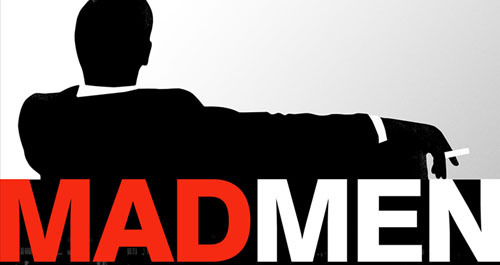 Word & Film featured its "
Word & Film featured its "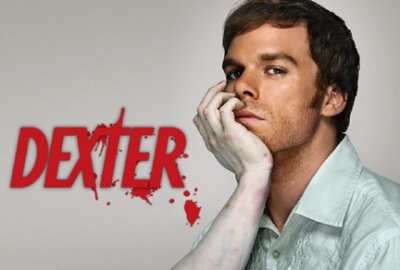 The list includes Good Morning Killer, an adaptation of April Smith's novel; Next People, with which Salman Rushdie "makes his debut as the creative force behind this original Showtime pilot"; A Visit from the Goon Squad, based on Jennifer Egan's novel; Hobgoblin by "power literary couple" Michael Chabon and Ayelet Waldman; and Dexter, adapted from Jeff Lindsay's series of bestselling thrillers.
The list includes Good Morning Killer, an adaptation of April Smith's novel; Next People, with which Salman Rushdie "makes his debut as the creative force behind this original Showtime pilot"; A Visit from the Goon Squad, based on Jennifer Egan's novel; Hobgoblin by "power literary couple" Michael Chabon and Ayelet Waldman; and Dexter, adapted from Jeff Lindsay's series of bestselling thrillers.